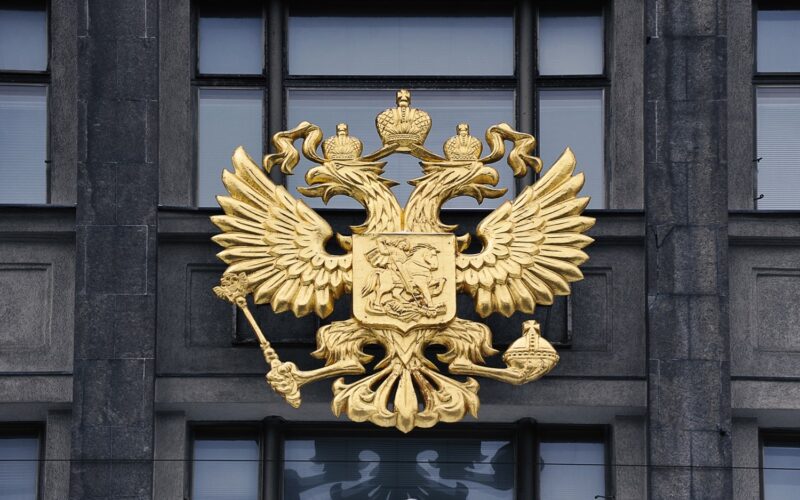A senior Russian politician, Anton Tkachev, has stated that lawmakers are planning to forbid private citizens from engaging in cryptocurrency mining but will allow industrial miners to continue their operations. Tkachev, the Deputy Head of the State Duma’s Committee on Information Policy, Information Technologies, and Communications, made these remarks during an interview with the Parliamentary Gazette.
“The Centre of Economic Classifications, a national regulator overseeing economic activities, is in the process of creating a new category specifically for industrial crypto mining,” Tkachev revealed. He also mentioned the recent establishment of the Industrial Mining Association, the nation’s first industrial crypto mining body.
For years, Russian industrial crypto miners have been advocating for the legalization of their sector, as it currently lacks legal recognition in the country. Notably, major crypto mining firms like BitRiver have emerged in Russia, while oil and gas producers have utilized their resources for mining coins. Some innovative projects involve collaboration between oil drillers and miners at pump sites, using associated gas to power mining rigs. Meanwhile, forward-thinking politicians have expressed their desire to expedite mining legislation so that they can begin taxing the income generated by industrial miners.
However, “home” crypto mining has also seen significant growth in Russia, a country known for its affordable energy costs and cold winter weather. Many individuals take advantage of subsidized residential energy to power their mining rigs, causing frustration among Russian power providers over the years.
Tkachev acknowledged the rise in the number of Russian investors in cryptocurrency, with over 13 million wallets opened in the country last year. He attributed this growth to the impact of international sanctions, pointing out that the Russian public’s knowledge of financial literacy and various financial assets has significantly increased in recent months. While politicians may attempt to discourage the domestic use of crypto, Tkachev recognized that it would likely continue to play a role in driving Russian trade.
“In the short term, we expect to see continued adoption of cryptocurrencies, as well as the use of Central Bank-powered alternatives,” Tkachev stated.

















